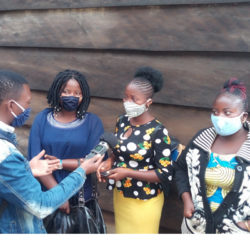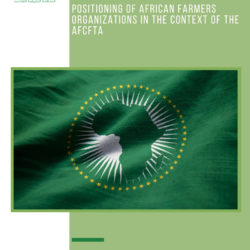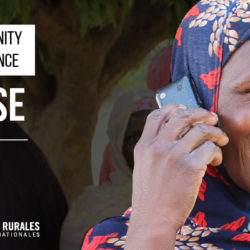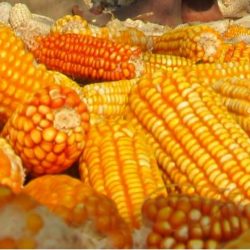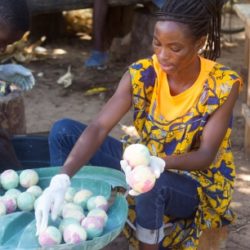Radio Communautaire Salama: Grand Prize Winner of the 2021 Liz Hughes Award
When you tune into Radio Communautaire Salama in Butembo, DRC, on Saturday afternoons, you hear broadcasters tackle the serious issue of sexual and gender-based violence. It’s an issue that is important to listeners but, according to the production team, often overlooked. Station manager Jeremie Kyaswekera says, “Our programs pass the mic to those the press forgets.” The program is called Tupiganishe Ujeuri Dhidi Ya Wanawake, which means “Fighting violence against

